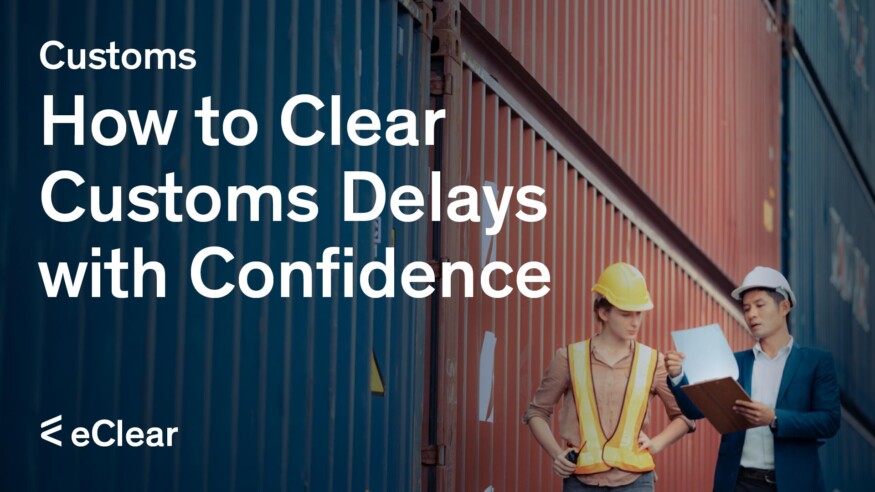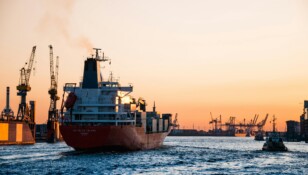Here are essential actions to prepare your team for customs issues and keep disruptions to a minimum.
1. Identify the Reason for the Customs Delay
Delays can happen for many reasons, including missing paperwork, unpaid duties, incorrect product classifications, or even random inspections. Start by contacting the customs office or your logistics partner at the point of destination to get clarity on the cause of the delay.
If your goods are stuck in a non-English-speaking country, you should consider getting help to communicate with local customs authorities.
Also don’t forget that customs offices may operate within specific hours that differ from your location, especially when your business operations are in located in different time zones.
This approach saves time and can prevent guesswork. Additionally, customs officers are often willing to assist in the process of getting your goods through customs.
2. Review and Correct Documentation
Accurate documentation is crucial in preventing unnecessary customs issues. Even minor errors or missing information can trigger delays, so carefully review all documents for completeness and accuracy.
Ideally you prepare a checklist for your essential customs documents and have your team cross-check your shipments. Common mistakes are incorrect HS codes or missing shipment values. So be especially mindful of those.
Commonly required documents include the commercial invoice, bill of lading, and import licence. Reviewing documents thoroughly before shipment can save time and headaches later.
3. Verify Compliance with Import Regulations
Customs authorities require that goods meet local regulations, such as product standards, labelling requirements, and safety certifications. Non-compliance can lead to extended delays or even confiscation.
Ensure your goods meet these standards, especially since regulations vary widely between countries. This is even true within the EU’s free trade zone. Familiarising yourself with destination-specific requirements will help avoid potential issues.
This is also important to do regularly because import regulation in destination countries can change frequently.
4. Pay Outstanding Duties or Fees
Unpaid duties or taxes are a frequent cause of customs holds. Settle any outstanding fees promptly to expedite the release of your shipment. Many logistics firms offer digital portals for quick payments, making it easier to stay on top of customs fees and prevent additional delays.
Also, some countries have a minimum threshold for duties and taxes, below which no fees are applied. Knowing these can sometimes help avoid unnecessary payments.
5. Partner with a Customs Broker
Navigating customs processes can be complex, especially with international shipments. Partnering with a customs broker can simplify the process.
Brokers manage documentation, compliance checks, and communicate with customs officials on your behalf, which often results in faster clearance times. This support can be especially valuable for goods under special regulations, such as dual-use items or medical supplies.
Time to think about a customs broker is especially important, if your shipments regularly encounter customs issues or you deal with multiple countries.
6. Monitor the Status of Your Shipment
Real-time tracking keeps you informed about your shipment’s status and alerts you to any developments at customs. By monitoring closely, you’ll be able to respond proactively if additional action is needed, preventing further delays and providing timely updates to your customers.
7. Keep Your Team Prepared
Establish clear protocols within your team to address customs delays effectively. Make sure everyone knows the steps to take and key contacts to reach out to if there’s a customs hold.
A well-prepared team can resolve issues quickly and minimise disruptions to your operations. Assigning clear responsibilities ensures smoother handling of customs challenges.
Customs regulations and processes can change, so it’s also important that your team stays up to date and knowledgeable with the latest procedures.
Minimise Customs Delays with eClear
Customs compliance doesn’t have to be complicated. eClear’s solutions streamline customs processes, helping your business avoid delays and keep shipments on track.
With automated customs compliance, you can navigate customs requirements efficiently and stay focused on core operations.
Let’s stay in touch!
Stay up to date on the latest market trends, best practices and regulatory changes affecting cross-border trade by following us on LinkedIn.







